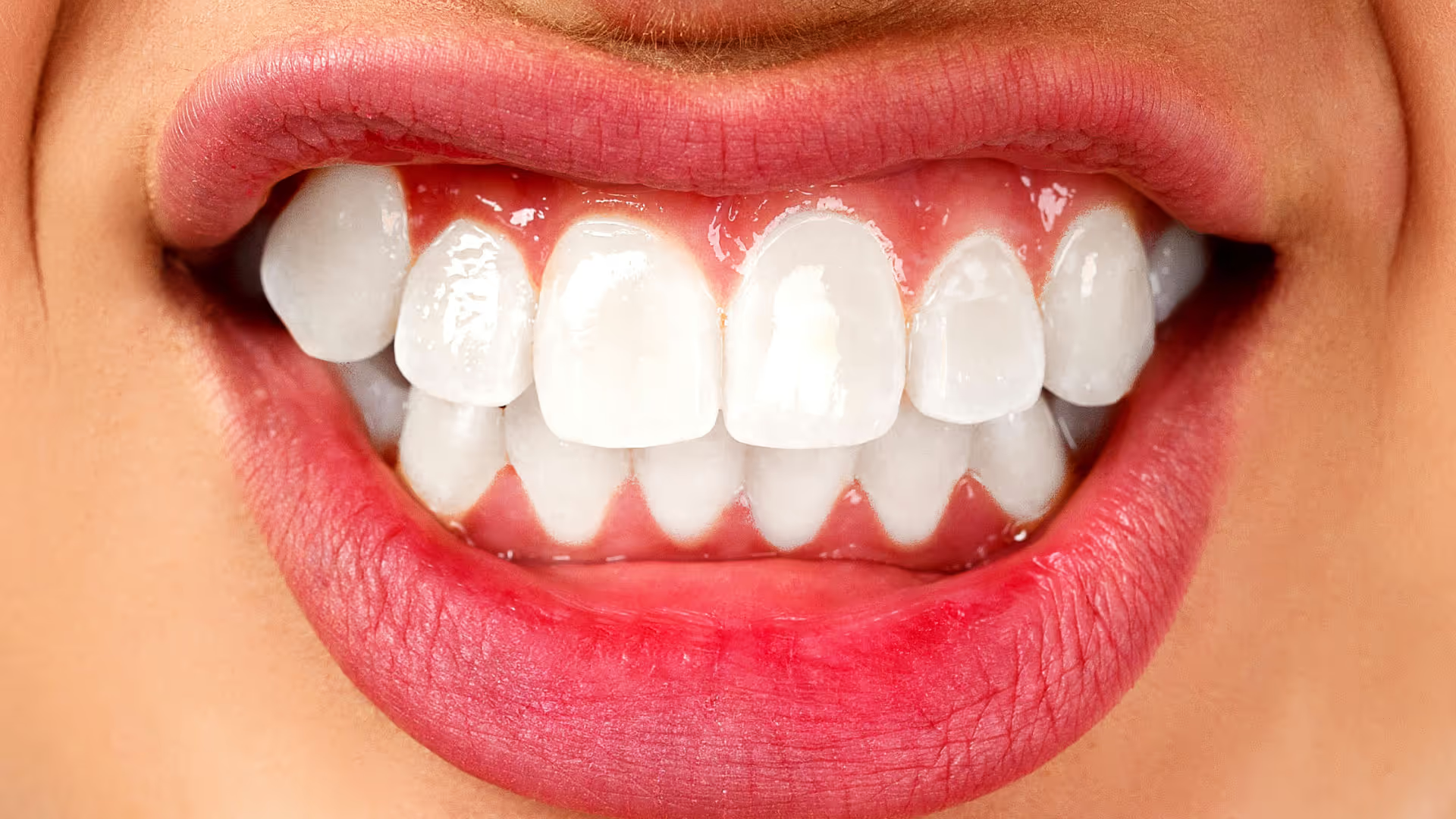
Teeth grinding in children, also known as bruxism, is a common condition where children clench or grind their teeth, often during sleep. While many children outgrow this habit without lasting damage, it can sometimes lead to dental issues, jaw pain, and disrupted sleep. Understanding the causes, symptoms, and potential treatments for teeth grinding is crucial for parents to help their children navigate this condition.
As parents, you might have faced concerns over your child grinding the teeth every once in a while. Teeth grinding in children can be a normal response to jaw growth, and will usually resolve on its own over time.
However, in certain cases, it can indicate more serious problems with your child’s dentition and airway. To identify if your child grinds the teeth, usually the first indication to look for is the teeth grinding noise created by the kid during sleep. You may also notice the teeth of your child getting shorter over time.
To arrive at a more conclusive diagnosis, you should have your child assessed by a dentist. In some situations, an assessment by an inter-disciplinary team of doctors may also be required.
Teeth grinding in children can stem from various physical, emotional, and psychological factors. Here are some of the most common causes:
1. Stress and Anxiety
Stress and anxiety are leading contributors to teeth grinding in both adults and children. Children, like adults, may grind their teeth as a way to cope with feelings of tension. Events like starting school, family changes, or exams can trigger stress-related bruxism.
2. Misaligned Teeth
In some cases, teeth grinding is related to dental alignment issues. If a child’s top and bottom teeth do not align properly, also known as malocclusion, it can lead to grinding or clenching as the jaw tries to find a comfortable position.
3. Pain or Discomfort
Children may grind their teeth as a response to physical discomfort. Conditions like teething, ear infections, or headaches may trigger this behavior, as the child subconsciously tries to alleviate pain by grinding.
4. Sleep Disorders
Children with certain sleep disorders, such as sleep apnea or night terrors, are more likely to experience teeth grinding during sleep. These disorders can prevent restful sleep, leading the body to respond by clenching the jaw.
5. Hyperactivity and ADHD
Children with hyperactivity, including those diagnosed with Attention Deficit Hyperactivity Disorder (ADHD), are more prone to developing bruxism. Their increased energy levels and difficulty settling down may contribute to nighttime teeth grinding.
6. Genetic Factors
Bruxism can run in families. If one or both parents experienced teeth grinding as children or even as adults, there’s a higher chance their child may also experience it.
7. Medications
Certain medications, such as those used to treat ADHD or other behavioral conditions, may have side effects that include teeth grinding. If a child starts grinding their teeth after beginning a new medication, it’s essential to speak with their healthcare provider.

For many children, teeth grinding is a temporary issue that resolves on its own as they grow older. However, persistent or severe bruxism can lead to problems such as:
Parents should consult a dentist or pediatrician if their child experiences any of these symptoms or if the grinding persists beyond a few months.
While occasional teeth grinding is usually not a cause for concern, there are instances when it’s important to consult a healthcare professional:
While bruxism may not always be preventable, there are steps you can take to minimize its occurrence:
Many children may not even require any treatment. Children usually outgrow grinding their teeth between the ages of 9 and 12. If, however, other signs and symptoms are observed such as upper airway obstruction, chronic snoring, enlarged adenoids, or wear of permanent teeth, further evaluation is necessary. At that point, an appropriate referral must be made to the ENT or a pulmonology clinic, to ensure the child receives necessary and appropriate care.